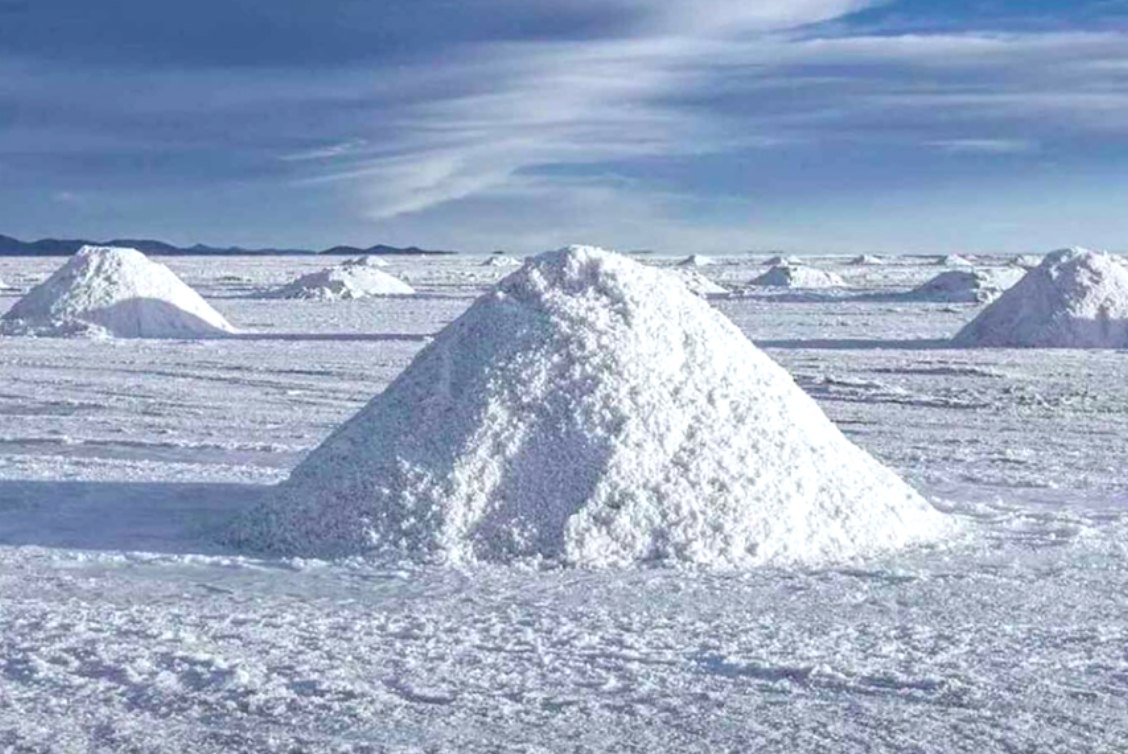Argentina can help the world through the supply of lithium, according to The Economist.
They add that the country could play a strategic role, even despite the country’s macroeconomic constraints.
As they pointed out, Argentina could become a key global player for lithium, and estimated that it could represent 16% of the world’s supply by 2030.
However, he questions the conflicts that may arise with local communities and the priority that the State can give to YPF, which recently began to develop its lithium division.

“Best known for triple-digit inflation and for criticizing the International Monetary Fund, Argentine officials have launched a charm offensive in Washington DC and London with an encouraging message: the mining sector is open for business,” praised The Economist.
The transition to green energy and electromobility made lithium one of the most sought after metals in the world and intensified demand for the mineral, which pushed up the price of this raw material, essential for ion batteries. The price has skyrocketed this year from US$14,000 a ton to more than US$80,000.
The battery of an electric car may need 30 kilos of lithium carbonate. Some electric cars require two batteries. According to data compiled by The Economist from Benchmark Mineral Intelligence, as electric vehicle sales grow, demand for lithium carbonate is expected to rise to 2.4 million tons in 2030, compared with around 600,000 tons this year.
Argentina, Chile and Bolivia make up the lithium triangle, a geographical region with enormous extractive potential for this mineral.
The English publication stated that Bolivia was almost unable to develop its deposits and that Chile reduced its production. For this reason, The Economist maintains that it is an advantage for the private sector that “lithium is not considered a strategic resource in Argentina” and that “the state plays a small role.”
The constitution grants provinces the right to manage minerals on their land and grant concessions to companies. In addition, they have tax exemptions for mining companies by law and establish that their ventures cannot face new taxes for a period of 30 years from the date they submit a feasibility study to the federal government. “Royalties are capped at 3%, compared to 7-40% in Chile,” it compared.
“All of this has attracted capital. Some 40 lithium projects are currently at different stages of exploration, more than in any other country. JP Morgan Chase bank expects Argentina to overtake Chile as the world’s second largest producer by 2027. By 2030, Argentina could supply 16% of the world’s lithium, up from 6% in 2021. Rio Tinto, an Anglo-Australian mining giant, acquired a lithium mine in March for US$825 million. Posco, a South Korean company, is investing US$4 billion in a lithium project. Chinese companies are especially interested,” the magazine listed.
“Conflicts with indigenous communities living on land where lithium is extracted could grow. They have delayed projects in Bolivia and Chile, and closed other mines in Argentina,” warns The Economist.
“A 2019 study in Chile found that lithium mining worsened droughts in surrounding areas, which in turn angered locals. Argentina’s low royalty rates could mean that most of the profits end up in foreign pockets rather than in state coffers, which could generate a political backlash,” The Economist continued.
It also raised other difficulties that might appear on the horizon. “Argentine politicians could dampen the enthusiasm of investors. The state oil company has recently diversified into lithium; the federal government might try to give you privileged access over private companies. Tighter export controls could halt production,” it warned.
“But in an economically dysfunctional country, the industry remains, for now, a rare beacon of hope,” it concluded.
With information from ámbito

